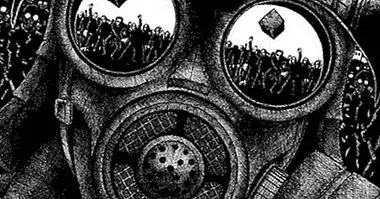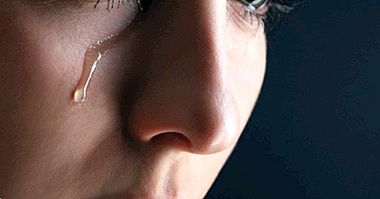Predicting depression using angry faces
Predicting depression using angry faces
Depression is a complex disorder of which very little is known, since many factors may be acting in a cross-related manner. But nevertheless, One of the keys when predicting depression could be in the type of stimuli to which we pay attention , according to a team of researchers from Bringhamton University.
Investigation
This team of scientists conducted an experiment using as a sample group 160 women, 60 of whom had been diagnosed with depression at some point in their lives. Each of these volunteers had to look at two types of images: a face with a neutral expression and another face that could show a state of sadness , anger or joy.
Thanks to a system of tracking the gaze, the researchers were able to monitor the route of the eyes and see the points of each set of images that generated more interest in women. In this way they were able to analyze the results obtained for each person and put them in relation with their history, finding that the volunteers with diagnosed depression tended to look more at the faces that showed anger.
Looking more towards faces of anger indicates a greater risk of depression
However, the most interesting from a practical point of view is another of the results obtained. The researchers tracked these 60 women in the "depression" group and verified how those that during the experiment had tended to focus more on the angry faces showed greater risk of relapsing into another crisis during the following two years . It was also recorded that these women were more likely to go through another stage of depression before the rest of the volunteers.
In a way, this means that simply paying attention to certain negative aspects of relationships with others could increase the chances of developing depression . Thus, creating intervention programs in which people are trained in modifying their patterns of care could be useful to, to put it in some way, make it easier for them to see the good side of life.
But, in the short term, the most important thing is that this simple test of the faces could help detect those cases in which there is a greater risk of developing depression and take appropriate measures before it happens.
Bibliographic references
- Woody, M.L., Owens, M., Burkhouse, K.L. and Gibb, B.E. (2015). Selective Attention Toward Angry Faces and Risk for Major Depressive Disorder in Women Converging



















